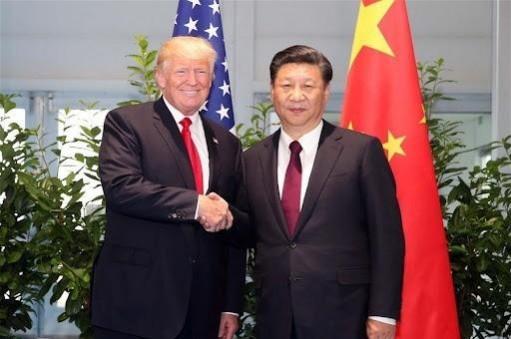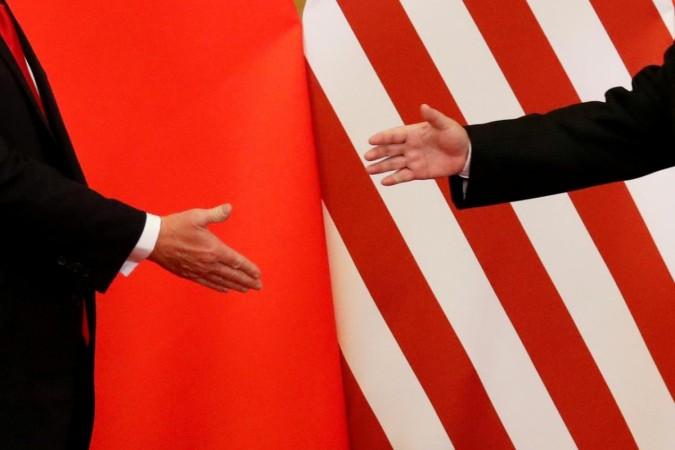
In a significant move to de-escalate tensions between the U.S. and China, Presidents Donald Trump and Xi Jinping have reached a comprehensive agreement. The deal, sealed during a meeting in South Korea, encompasses various measures aimed at easing the trade war that has been ongoing between the two economic powerhouses. It includes a reduction in U.S. tariffs, a pause in Beijing's restrictions on rare earth minerals, and a commitment to resume Chinese purchases of American soybeans.
Among the key components of the Trump-Xi agreement are:
Firstly, the U.S. has agreed to cut the tariff on Chinese goods related to fentanyl opioid precursor chemicals from 20% to 10%. This reduction will essentially bring down the overall U.S. tariff rate on Chinese imports to about 47%.
Secondly, China has pledged to halt export controls on rare earth minerals and magnets for a year. These materials play a vital role in various sectors such as cars, airplanes, and military weaponry, making them a crucial bargaining chip in the trade war.

Moreover, China will issue general licenses for the export of rare earths and other materials beneficial to U.S. end users and suppliers. This move effectively eliminates the export controls that Beijing had put in place in 2025 and 2022.
Additionally, both countries have agreed to suspend retaliatory tariffs and non-tariff measures that were imposed since March 4 by each side. This includes product-specific duties and listing American companies on Chinese government lists, among other actions.
Furthermore, the agreement involves a one-year pause on an expanded Commerce Department blacklist aimed at restricting U.S. technology goods from certain firms. This blacklist would have had a significant impact on Chinese companies, prohibiting U.S. exports to a larger number of firms.
In terms of trade agreements, China has committed to purchasing a substantial amount of U.S. soybeans over the next few years. While this move is expected to bring back China to previous levels of soybean purchases, it is a significant step forward in bridging the trade gap between the two nations.

















